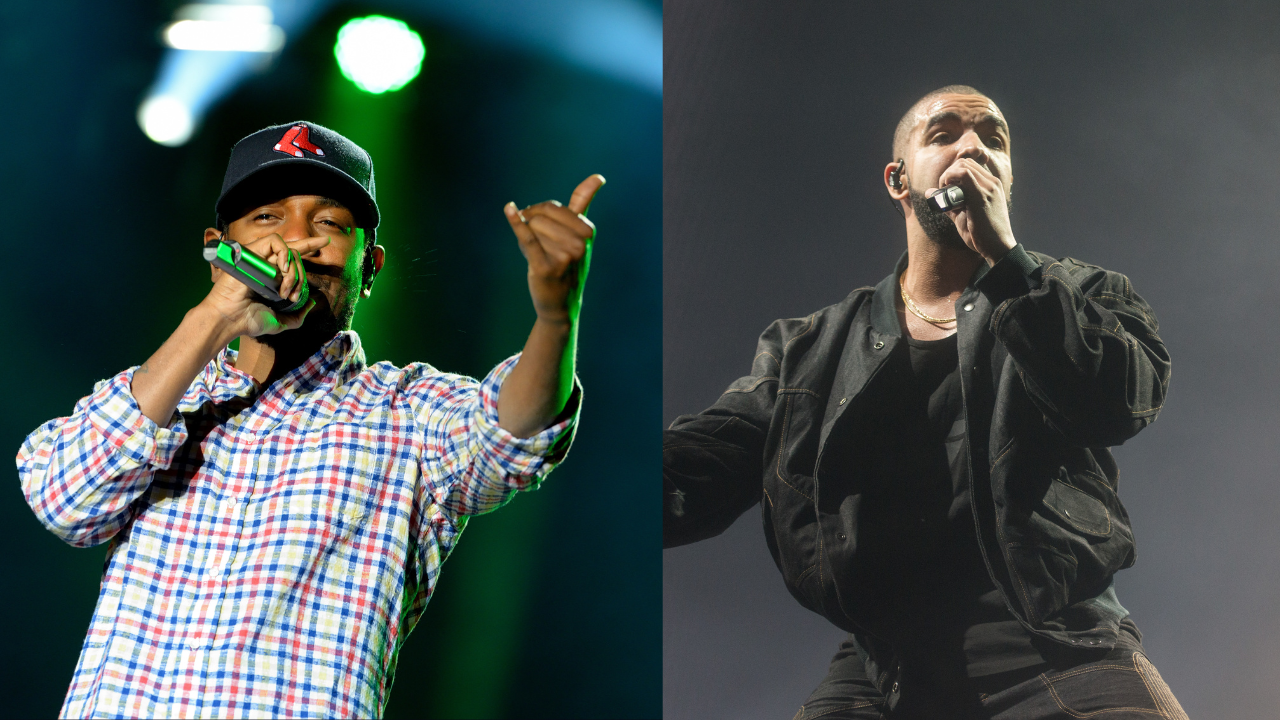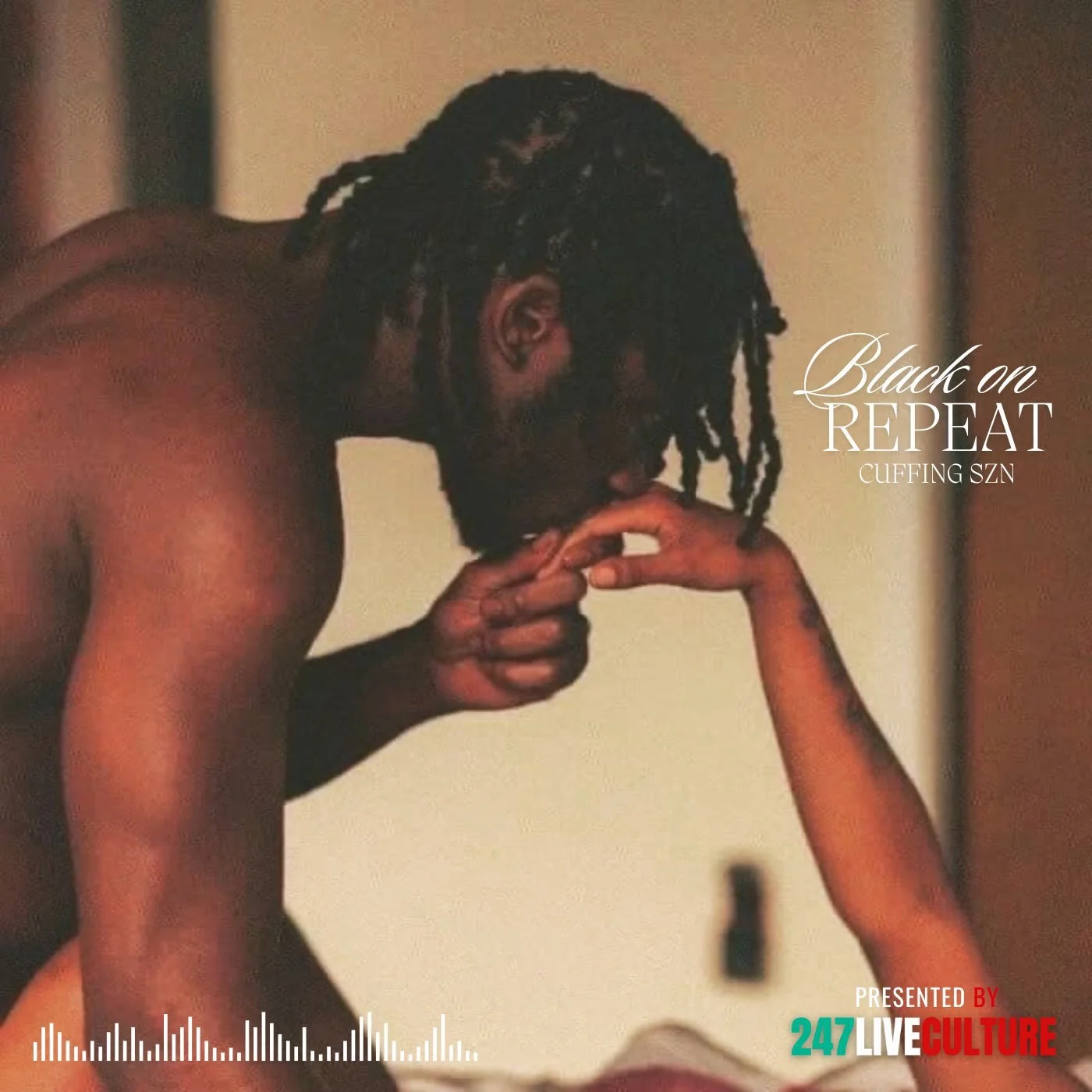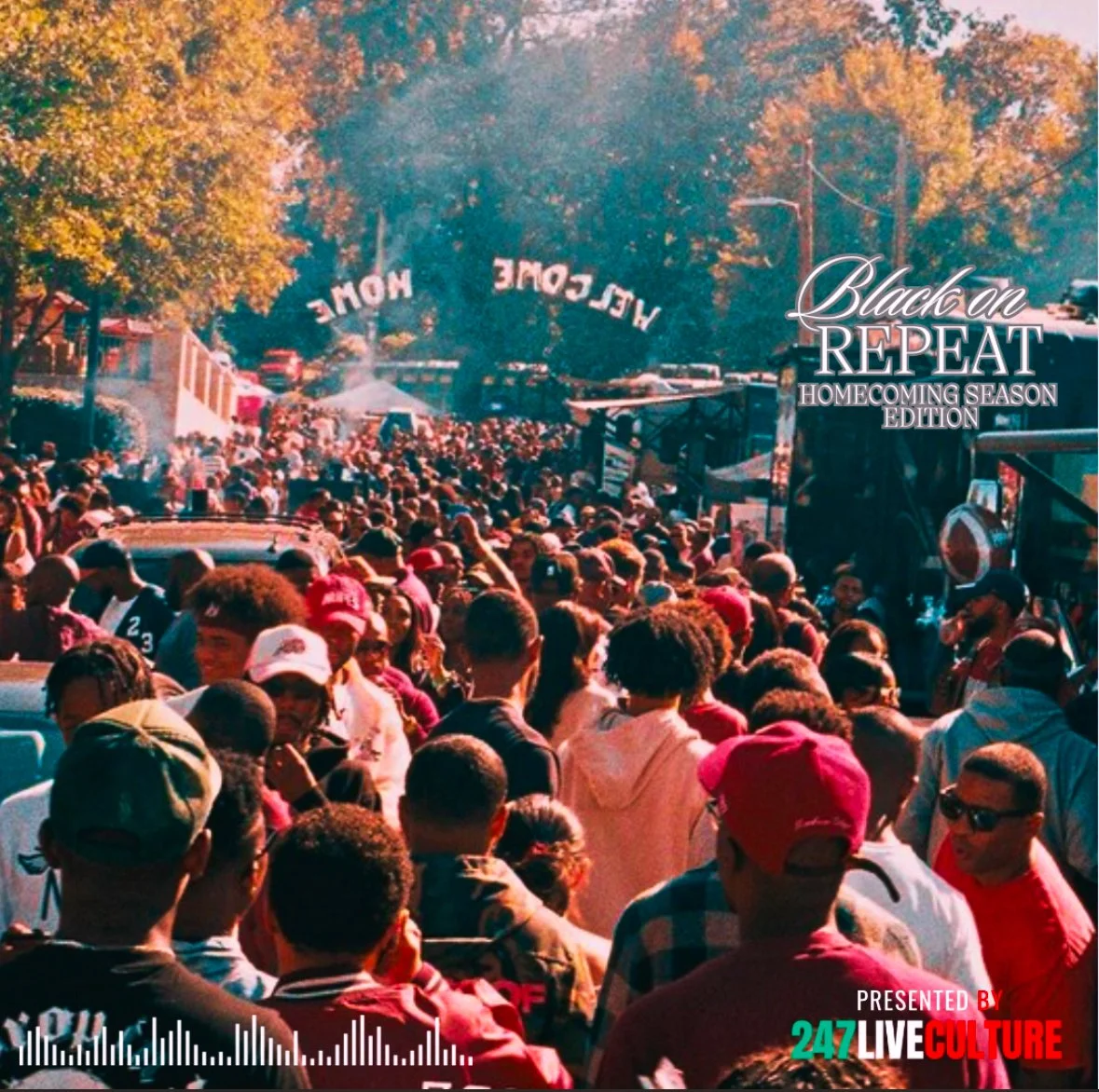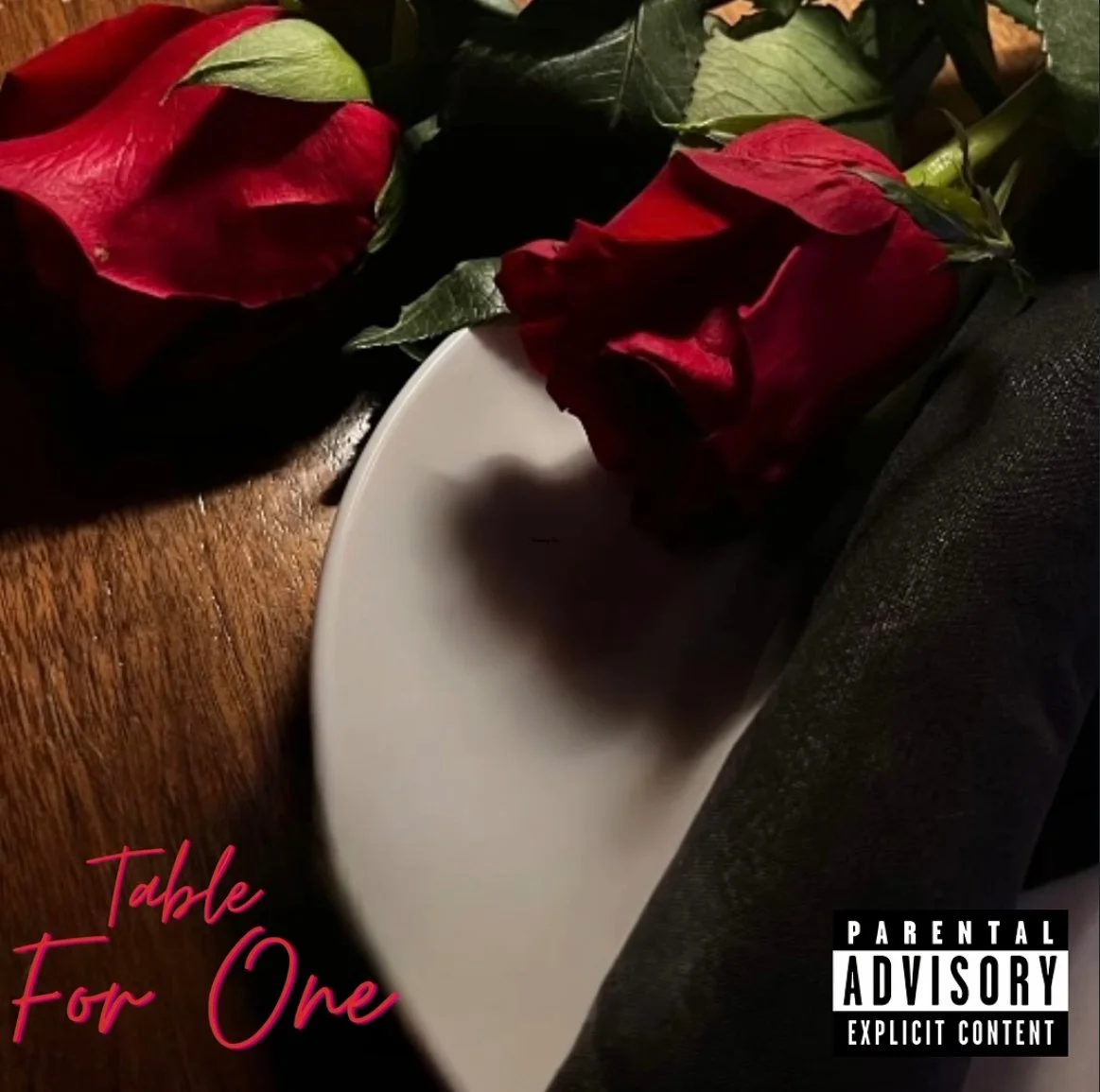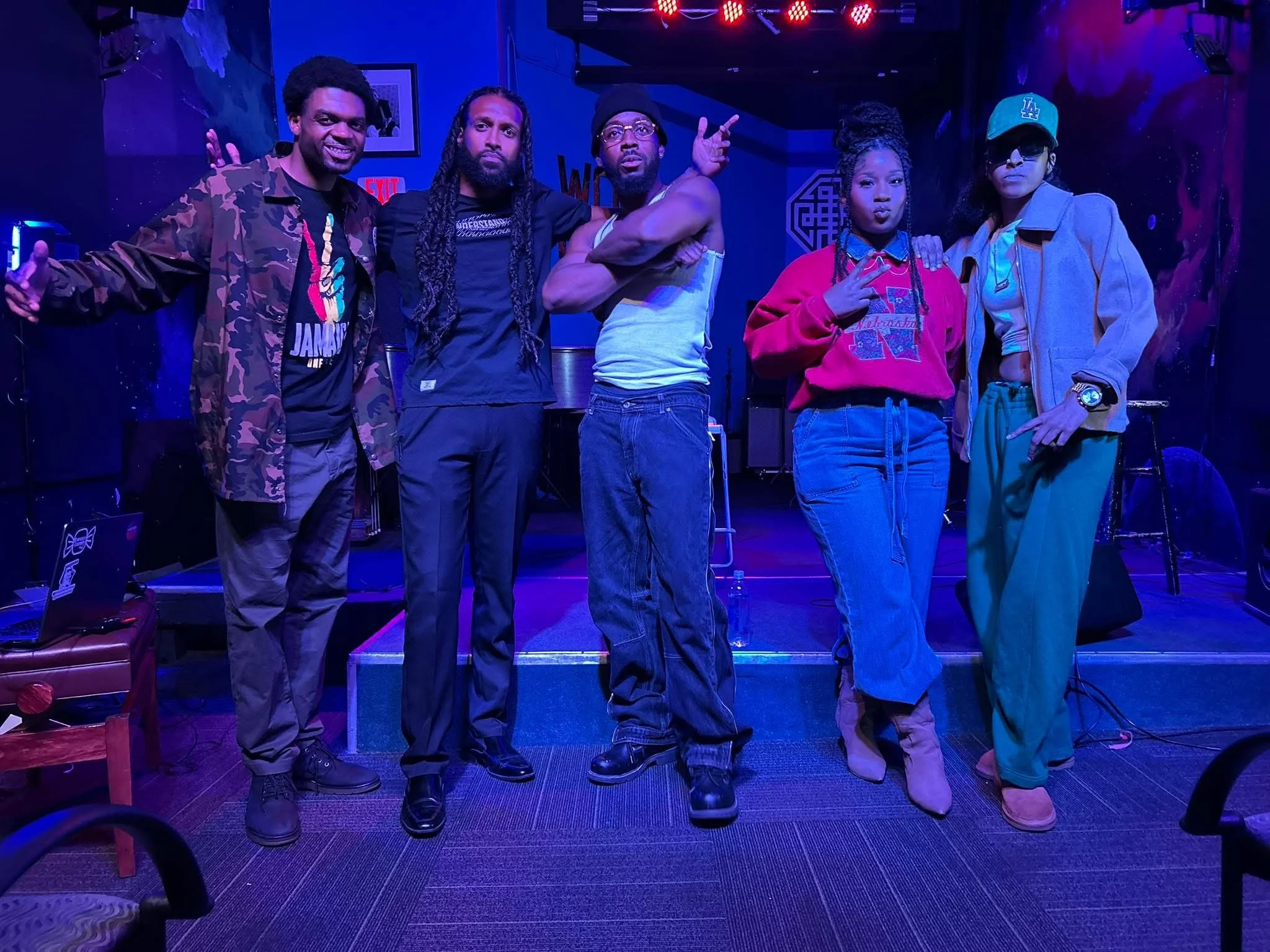Buried Beneath the Beef: Kendrick vs. Drake Beef Opens Up Discussions Behind Stereotypes
Kendrick Lamar and Drake Ignite the Hip-Hop world with rap feud
By: Jamila Gomez
The rivalry between Drake and Kendrick Lamar has been a longstanding topic within the realm of hip-hop, captivating fans and critics alike. While much of the discourse surrounding their feud often centers on lyrical prowess, artistic vision, and cultural impact, there's an underlying narrative that often goes overlooked—the role of Black women's trauma.
Both Drake and Kendrick Lamar have risen to prominence within the music industry, garnering accolades and acclaim for their respective bodies of work. However, their approaches to addressing issues of race, identity, and gender have been markedly different, and it's within this divergence that Black women's trauma becomes a focal point.
Drake, known for his introspective lyrics and melodic style, has often been criticized for his portrayal of women in his music. While he's undeniably talented and has produced numerous hits, his songs have frequently been criticized for perpetuating stereotypes and objectifying women. From references to "side chicks" to lyrics that depict women as disposable conquests, Drake's music has been called out for its problematic portrayal of female relationships.
On the other hand, Kendrick Lamar has earned praise for his socially conscious lyrics and unapologetic exploration of Black identity. His albums, such as "good kid, m.A.A.d city" and "To Pimp a Butterfly," delve into themes of systemic oppression, racial injustice, and the complexities of growing up Black in America. However, even within Lamar's body of work, there have been moments where his portrayal of women has been called into question, with critics highlighting instances of misogyny and sexism in his lyrics.
At the heart of the Drake vs. Kendrick Lamar beef lies a broader conversation about the intersectionality of race and gender. Black women, who occupy a unique position at the nexus of multiple forms of oppression, often find themselves marginalized and overlooked in discussions about hip-hop culture. Their experiences of trauma, whether it be from systemic racism, misogynoir, or sexual violence, are often silenced or dismissed in favor of centering the narratives of Black men.
In the context of the Drake vs. Kendrick Lamar beef, Black women's trauma becomes a battleground upon which their respective fan bases vie for dominance. While some may argue that Drake's music perpetuates harmful stereotypes and reinforces patriarchal norms, others may point to Kendrick Lamar's lyrics as a more authentic reflection of the Black experience. In either case, it's Black women who bear the brunt of the trauma, forced to navigate a landscape where their voices are often drowned out by the cacophony of male egos.
As the feud between Drake and Kendrick Lamar continues to play out in the public eye, it's imperative that we center the experiences of Black women and acknowledge the ways in which their trauma shapes and informs the broader cultural conversation. Only by confronting the misogyny and sexism that permeate hip-hop culture can we begin to create a more inclusive and equitable space for all voices to be heard.


